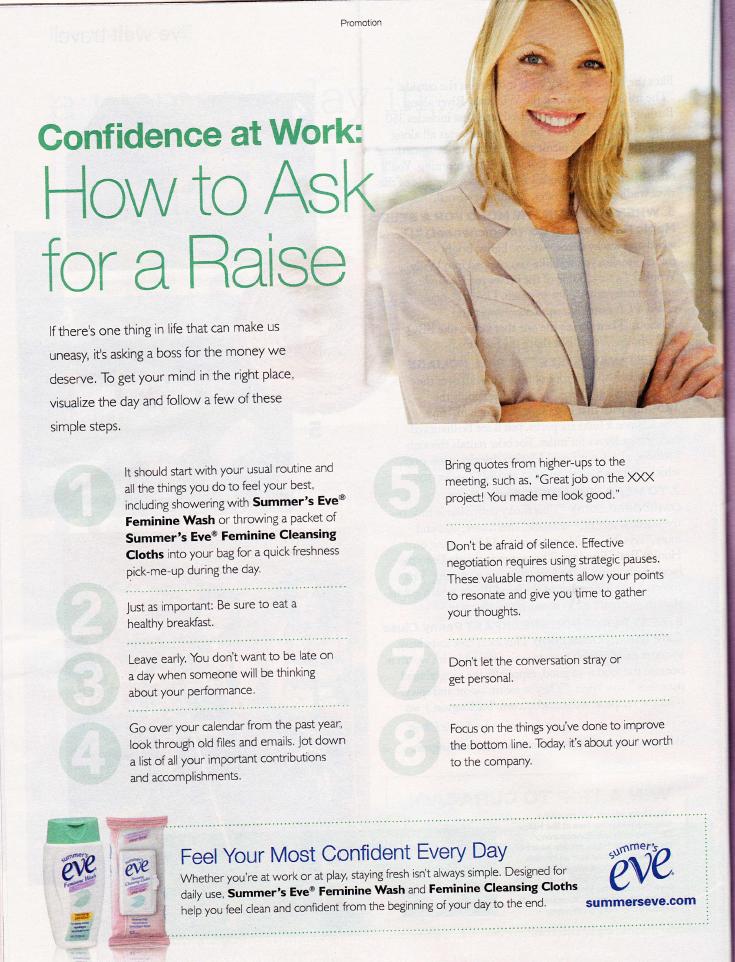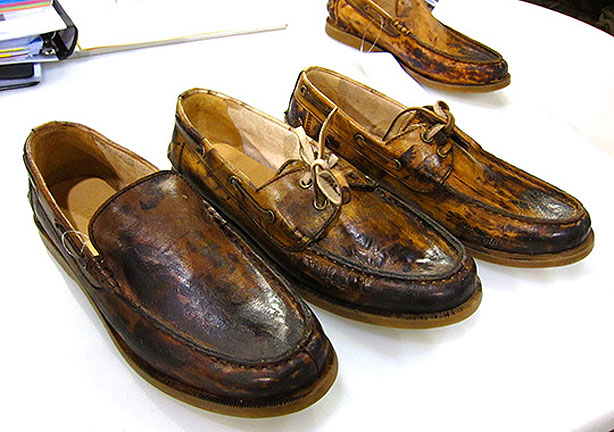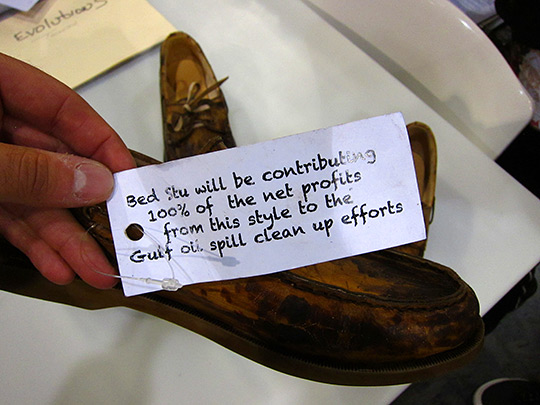NEWS:
Happy fall semester everyone!
For me, classes begin today and just yesterday the doc gave me the a-okay to walk without the “boot.” So “hello” to students and “goodbye” to the summer-of-a-broken-leg!
You may have noticed that our parent site has changed to The Society Pages. This is a name change only and we’re still thrilled to be under the stewardship of Doug, Chris, Jon, Letta and the wonderful folks at the University of Minnesota. Word on the street is that SocImages crashed their servers so many times that they had to reconfigure them! We’re so grateful to have their support and patience!
Gwen and I are proud to announce a new SocImages essay, What is Indian Art?, published in Contexts magazine (based on our original post). If you’d like a pdf of the essay, send a note to socimages@thesocietypages.org and we’ll send it along. You can see a list of our teaching essays here. They’re all super short and great for in class exercises.
Finally, this is your monthly reminder that we’re on Twitter and Facebook (where we update with featured posts everyday).
NEWLY ENRICHED POSTS (Look for what’s NEW! Aug ’10):
Women clean because they love it, don’tcha know!
Facebook has added a generic female avatar.
Another example of boys are kids and girls are girls.
More pinkification of manly items for the ladies.
We added a 38th example of food items conflated with sexy women.
Lisa Wade, PhD is an Associate Professor at Tulane University. She is the author of American Hookup, a book about college sexual culture; a textbook about gender; and a forthcoming introductory text: Terrible Magnificent Sociology. You can follow her on Twitter and Instagram.






